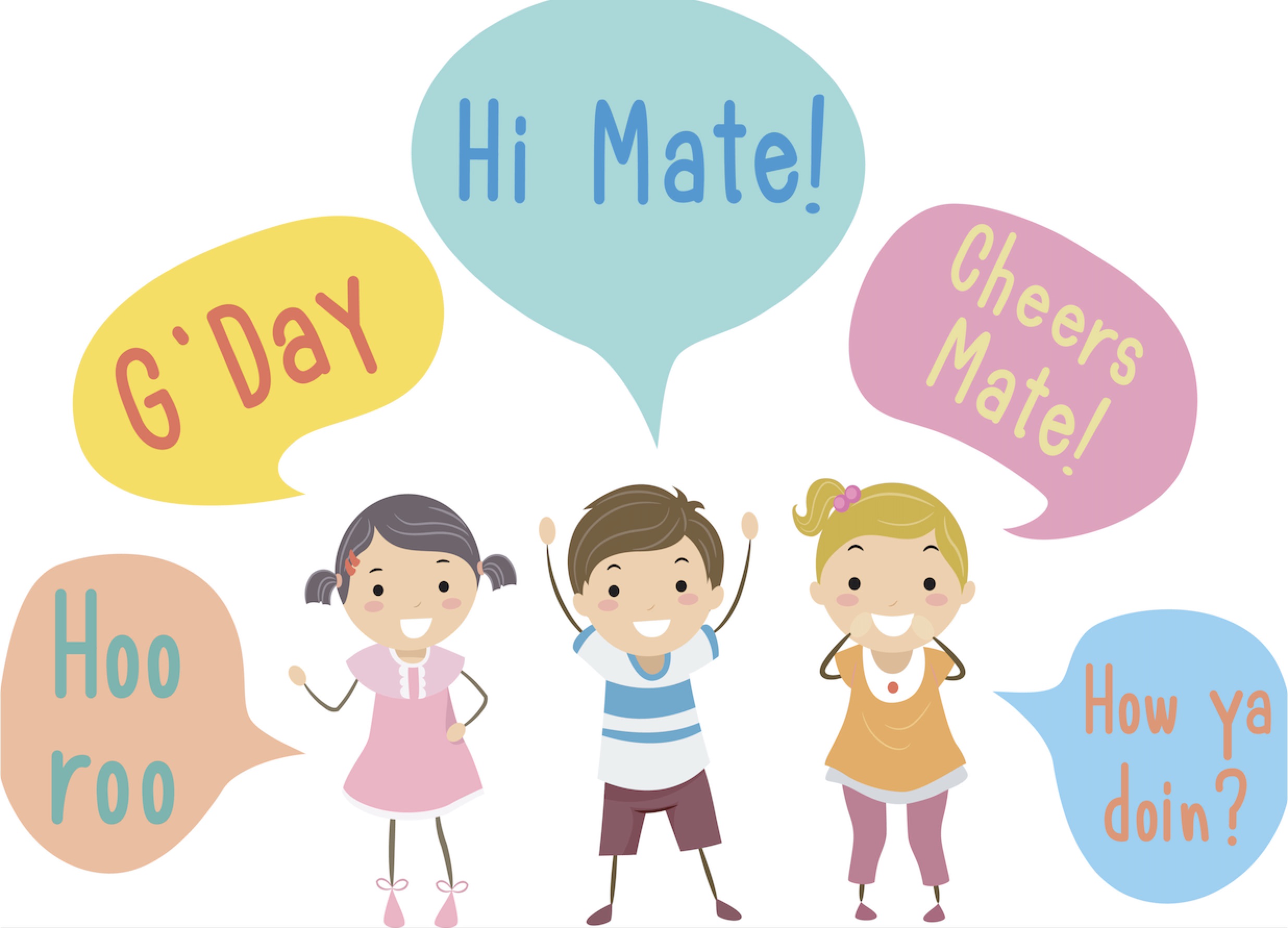Reading Time: < 1 minutes
- After WWI, there was great prosperity in America.
- People had wealth; new media, new technologies, newly-developed obsession with movie celebrities, and other factors led to too much indulgence.
- All this eventually led to The Great Depression in 1929; stock markets tanked and more than 25% of the workforce became jobless.
- The Great Depression lasted till 1941 when America entered WWII.
- Those born between 1900-1945 were raised with great difficulty and now that this generation was out of economic suffering, they were selected for compulsory military service in WWII.
- 12% of the US population at the time marched off to war; those who were not fighting directly bought war bonds or did farming to support the country as much as possible.
- These generations were characterized not by consumerism but by service & hardship and, as a result, are called the Greatest Generation and the Silent Generation.Different sources allocate different periods to these generations but despite the overlaps, they belong to 1900-1945.
- When America won the war, for men who had been at war and for others who had been supporting from back home, it was celebration time.
- The keenness for a relaxed domestic life and the euphoric mood led to a population growth that was unprecedented – there was a Baby Boom.
- In 1940, 2.6 million children were born in the US; this number increased by 30% to 3.4 million in 1946 – the start of the baby boom.
- The boom continued for a good number of years and the term ‘Baby Boomer’ was usually used to describe a generation born in America between 1946 and 1964.
- In these 18 years, the Boomers added over 76 million people to the US population, before the growth rate flattened – 1964 onwards.
- Now, the term is used to describe the 1946-1964 generation across many countries for the convenience it offers to define the cohort.
Image courtesy of PIxabay
Reference shelf :
Share this:
-
Pingback: How ‘Generations’ get names such as Baby Boomers, Gen X and Millennials, etc.? - 2dPoint






















